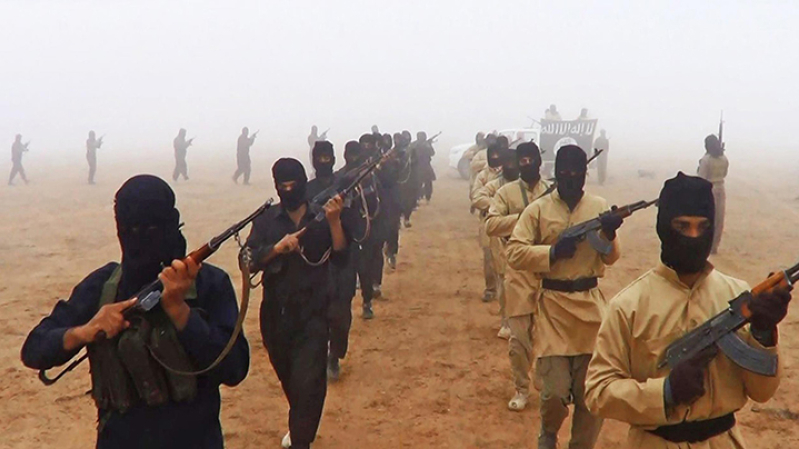
Somewhere between 400 to 600 fighters intending to inflict Europe with waves of deadly attacks reportedly were sent by The Islamic State group, also known as ISIS or ISIL, through a plan that uses interlocking terror cells, such as the ones that struck Brussels and Paris. Their orders were to choose the time, place and method for maximum carnage, officials told The Associated Press.
The officials, including European and Iraqi intelligence officials and a French lawmaker who follows the jihadi networks, described camps in Syria, Iraq and possibly the former Soviet bloc where assailants are trained to attack the West, reports Fox News.
Roughly 5,000 Europeans went to war-torn Syria, home to ISIS' de facto capital, Raqqa, to join the movement, reports the International Business Times.
National security officials indicate there is increasing evidence the majority of the militants' training is taking place in Syria, as well as in Libya and other places in North Africa. French speakers connected to North Africa, France and Belgium are reportedly leading "shadowy cells of fighters" responsible for developing attack strategies in Europe.
Fighters in the units are trained in battleground strategies, explosives, surveillance techniques and counter surveillance, security officials said.
Before being killed in a police raid, the ringleader of the Nov. 13 Paris attacks claimed he had entered Europe in a multinational group of 90 fighters, who scattered "more or less everywhere."
But the biggest break yet in the Paris attacks investigation, the arrest on Friday of fugitive Salah Abdeslam, did not prevent the attacks just four days later on the Belgian capital's airport and metro that left 31 people dead and an estimated 270 wounded. Three suicide bombers also died. After fleeing Paris, Abdeslam is suspected of forging a network back in his neighborhood of Molenbeek, long known as a haven for jihadis, and renewed plotting.
In claiming responsibility for the Belgian terrorist attack, the extremists described a "secret cell of soldiers" dispatched to Brussels for the purpose of bloodshed, reports Express in the United Kingdom.
Security representatives say ISIS strategy has shifted to longer training, with objectives to have as many terror operations as possible, so the enemy is forced to spend more money or more in manpower.
Shiraz Maher, a senior research fellow at the International Centre for the Study of Radicalization in London, said, "sophistication, training, planning, materials and a landscape" is needed to "pull off" a deadly attack.






